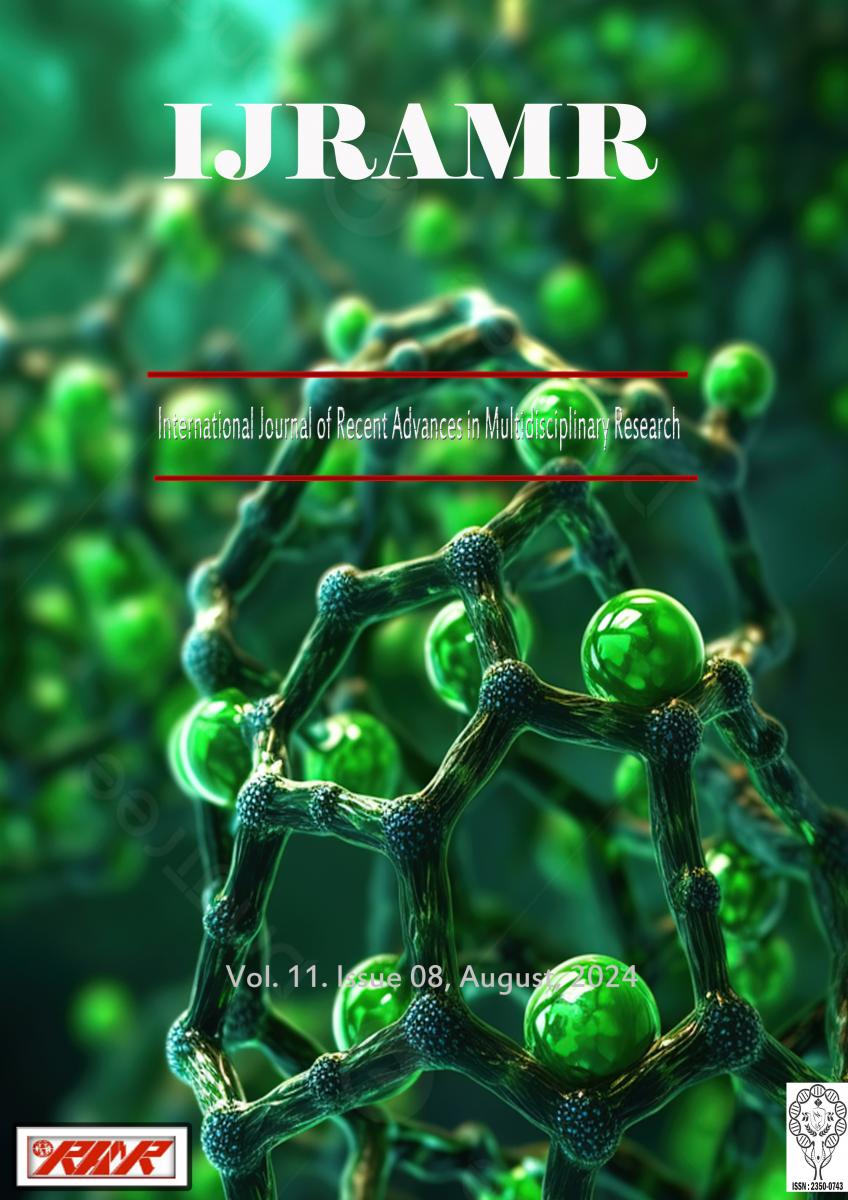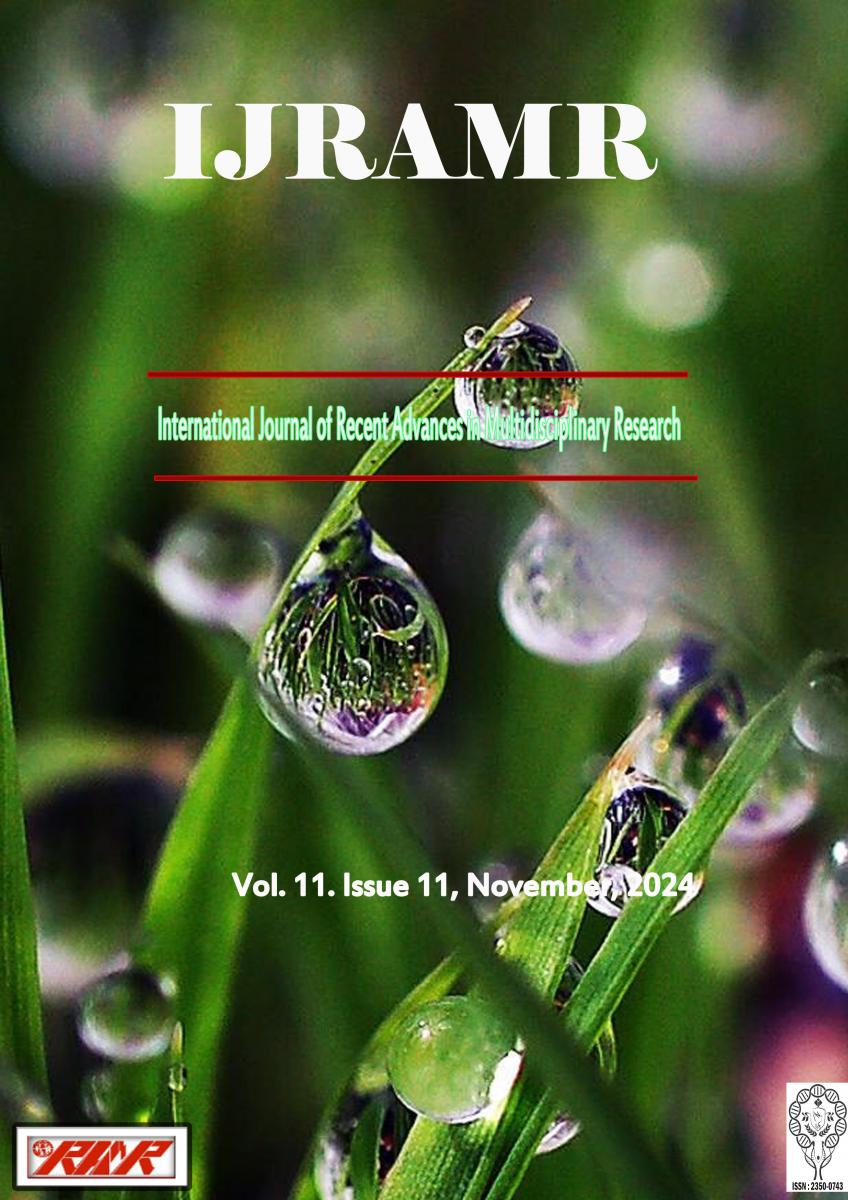The hydrocarbon rich Niger delta region of Nigeria is also home/breeding ground for some indigenous as well serve as calving grounds for some migratory marine mammal species. Exploration and production of this highly valuable resource often require seismic survey that generate sound that could negatively impact marine animals at close proximity. Hence, the need for a science based management to reduce risk of injury or fatality to these endangered species. This study aims at assessing and evaluating Scientific processes and procedure in place for minimising negative impact. Two Marine Mammal Observers (MMO) and One Passive Acoustic Monitoring (PAM) Operator undertook visual observations for marine mammals and turtles, and acoustic detections, in accordance with the JNCC (2017) and Department of Petroleum resources (DPR) guidelines for minimising the risk of injury and disturbance to marine mammals from seismic surveys. Cumulative effort was 1298hrs 38mins. MMO observation hours totalled 696hrs 34mins. 49.31% of MMO observation effort took place while the source was active and 50.69% with the source inactive. The total number of airguns starts was 104 while seismic source was tested on 24 occasions each preceded with soft start. PAM detection effort totalled 602hrs 11mins. 56.22% of effort took place while the source was active and 43.78% with the source inactive. The total number of airguns starts was 120 while seismic source was tested on 32 occasions each preceded with soft start. Pre-shoot watches of 30 minutes were carried out in accordance with the mitigation guidelines preceding all soft starts. There were 11 marine mammal sightings and 14 acoustic detection of marine. No compliance issues. mitigation actions were taken twice to minimise risk of injury to animals.






